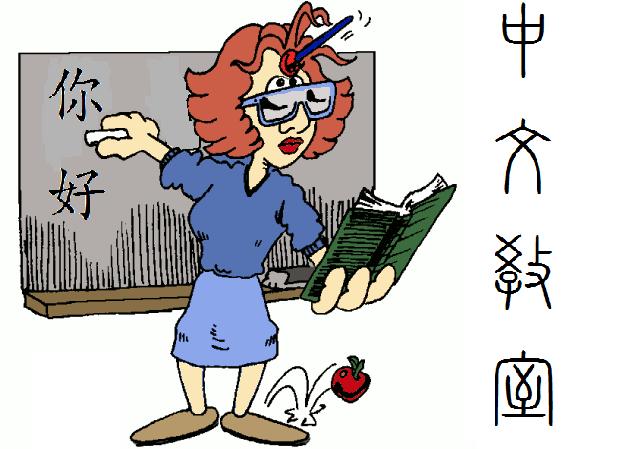
Far and away the most important holiday in China is Spring Festival, also known as the Chinese New Year. To the Chinese people it is as important as Christmas to people in the West. The dates for this annual celebration are determined by the lunar calendar rather than the Gregorian calendar, so the timing of the holiday varies from late January to early February.
To the ordinary Chinese, the festival actually begins on the eve of the lunar New Year's Day and ends on the fifth day of the first month of the lunar calendar. But the 15th of the first month, which normally is called the Lantern Festival, means the official end of the Spring Festival in many parts of the country.
Preparations for the New Year begin the last few days of the last moon, when houses are thoroughly cleaned, debts repaid, hair cut and new clothes purchased. Houses are festooned with paper scrolls bearing auspicious antithetical couplet and in many homes, people burn incense at home and in the temples to pay respects to ancestors and ask the gods for good health in the coming months.
"过guò 年nián ," meaning "passing the year," is the common term among the Chinese people for celebrating the Spring Festival. It actually means greeting the new year. At midnight at the turn of the old and new year, people used to let off fire-crackers which serve to drive away the evil spirits and to greet the arrival of the new year. In an instant the whole city would be engulfed in the deafening noise of the firecrackers.
On New Year's Eve, all the members of families come together to feast."水shuǐ 饺jiăo" is popular in the north, while southerners favor a sticky sweet glutinous rice pudding called "年nián 糕gāo" .




沒有留言:
張貼留言